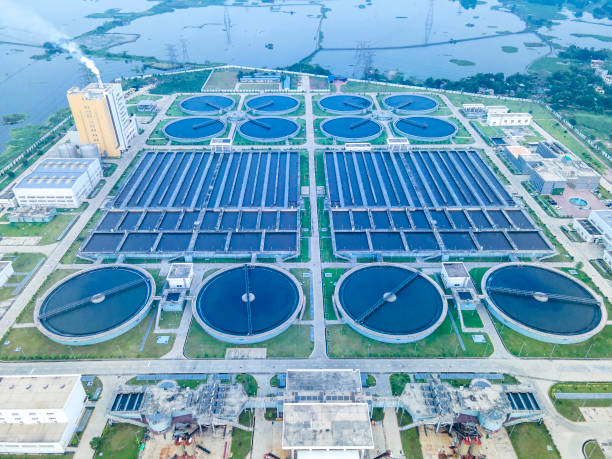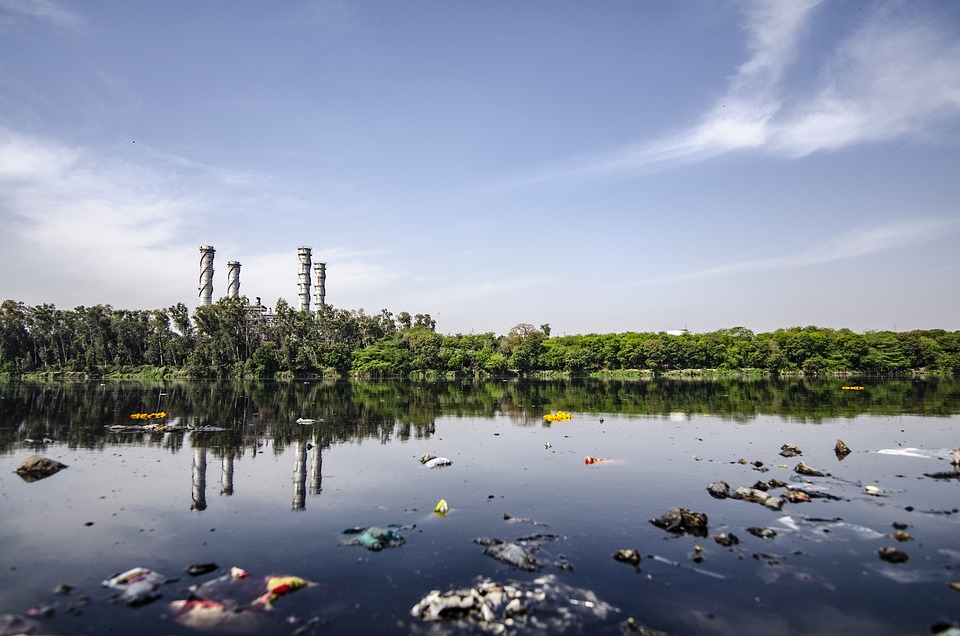A recent study conducted by Earthwatch has uncovered concerning levels of chemical pollutants in the UK’s rivers, posing significant risks to aquatic life.
Over a three-day testing period in September, 4,531 volunteers collected water samples from various locations, revealing a cocktail of chemicals—including caffeine, antidepressants, and painkillers—entering freshwater systems primarily due to sewage effluent from water treatment works.
The findings indicate that 61% of freshwaters in the UK are in poor condition, largely due to raised concentrations of nitrates and phosphates.
England exhibits the highest level of degradation, with 67% of sampled rivers showing unacceptable quality.
Earthwatch’s head of policy, Sasha Woods, emphasized that these results highlight failures in sewage management, stating, “Caffeine was present in 100% of samples sent to Imperial,” which raises concerns about sewage treatment efficacy.

The study involved 2,338 datasets, with 91 samples sent for in-depth analysis to Imperial College London.
Results revealed that high levels of chemicals, including nicotine, venlafaxine, and diclofenac, were present in significant concentrations, many of which pose risks to aquatic organisms.
For instance, 80% of caffeine samples were found at levels that could harm wildlife.
The Anglian and Thames River basin districts recorded the worst water quality, with over 80% of samples failing to meet acceptable nutrient thresholds.
Conversely, areas in West Glamorgan and Kirkcudbrightshire displayed comparatively better water quality.
Earthwatch underscored the urgent need for enhanced wastewater treatment processes and strategies to mitigate agricultural runoff.
The study’s findings align with concerns from the Environment Agency regarding the decline of Atlantic salmon stocks, highlighting the ecological stress faced by UK waterways.
As research continues, the full analysis of around 300 chemicals will be published in a peer-reviewed journal in 2025, aiming to provide a comprehensive understanding of the pollutants affecting the nation’s rivers.

